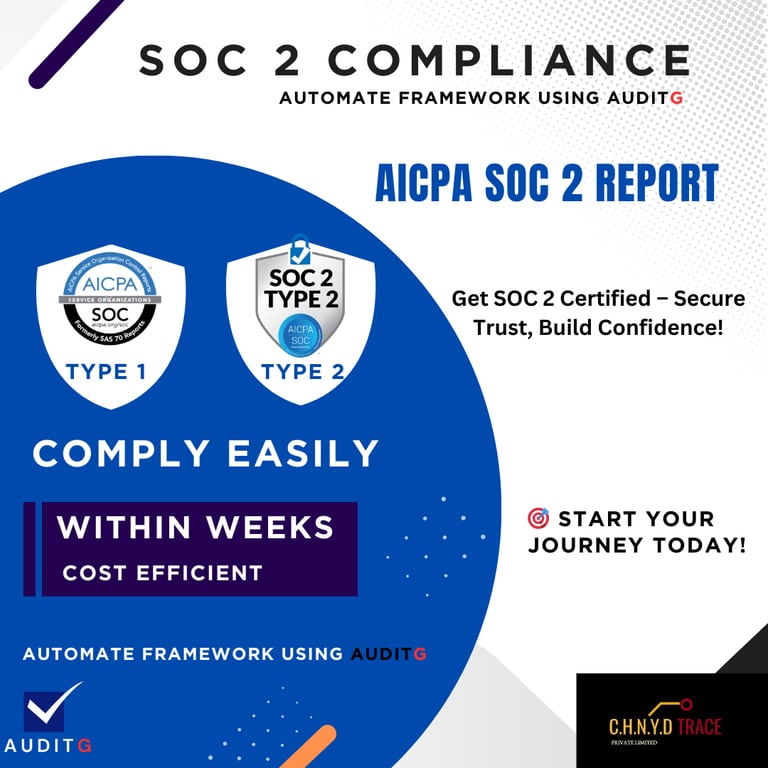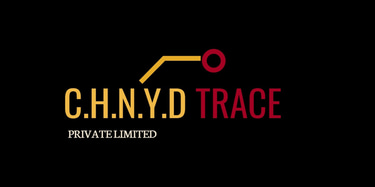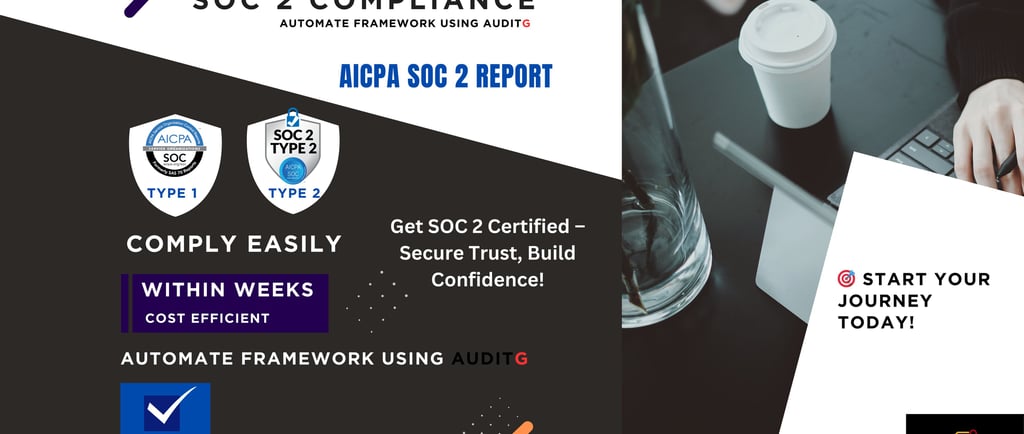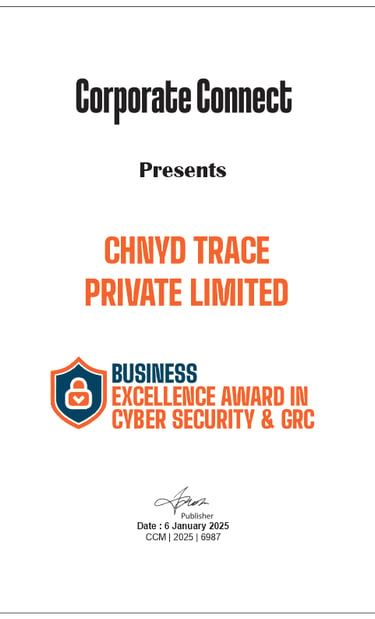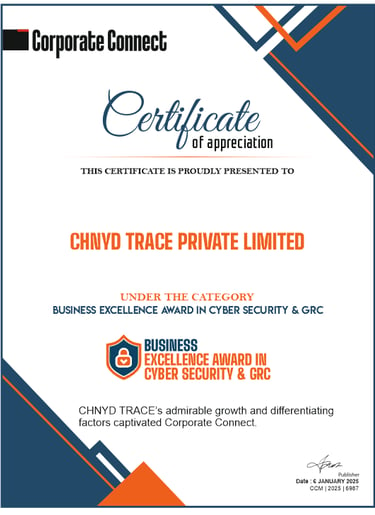who needs soc 2 certification
Who Needs SOC 2 Certification? Identifying Businesses That Must Comply
11/30/20245 min read
Understanding SOC 2 Certification
SOC 2 certification is a widely recognized standard designed to help service organizations demonstrate their commitment to managing customer data securely. Established by the American Institute of CPAs (AICPA), SOC 2 focuses on five trust service principles: security, availability, processing integrity, confidentiality, and privacy. Each principle serves as a critical guideline for how organizations should handle sensitive information, ensuring that appropriate measures are in place to protect this data from unauthorized access and cyber threats.
The primary purpose of SOC 2 certification is to provide assurances to clients and stakeholders that an organization has implemented rigorous security controls to mitigate risks associated with data management. In today's increasingly digital landscape, clients are more aware of the potential vulnerabilities that can arise from inadequate data protection. By achieving SOC 2 compliance, businesses can enhance their credibility and demonstrate their commitment to safeguarding personal and sensitive information.
Obtaining SOC 2 certification involves undergoing a thorough evaluation process by an independent auditor, who assesses the organization's controls against the established trust service principles. Organizations must provide evidence of their operational practices and demonstrate that they adhere to the stringent requirements set forth by the AICPA. This rigorous assessment not only helps organizations understand their current state of data security but also highlights areas for improvement, fostering a culture of continuous compliance.
Furthermore, certain industries are more likely to require SOC 2 certification due to regulatory pressures or customer demands. For companies that handle sensitive customer data, such as cloud service providers, data centers, and software companies, compliance with SOC 2 standards has become increasingly essential. As data breaches and privacy concerns continue to dominate headlines, the importance of SOC 2 certification in maintaining trust and transparency cannot be overstated.
Industries Requiring SOC 2 Compliance
SOC 2 compliance is particularly vital for several industries where the protection of sensitive information is paramount. These sectors include technology, cloud computing, Software as a Service (SaaS) companies, financial services, healthcare, and eCommerce. For each of these industries, the requirement for SOC 2 certification is driven by the nature of the data they manage and the regulatory landscape in which they operate.
In the technology sector, companies often handle vast amounts of consumer and business data, making data security and privacy a main priority. SOC 2 compliance assures clients that their sensitive information is safeguarded through strict internal controls and rigorous security measures. Companies in cloud computing also rely heavily on data management; thus, they must demonstrate their capacity to protect their clients' data effectively.
SaaS companies have become increasingly popular, often dealing with personal and financial data from users. Achieving SOC 2 compliance not only enhances their credibility but also builds trust with users concerned about data security. Additionally, in financial services, organizations deal with highly sensitive financial data that, if compromised, could lead to severe implications not just for the company but also for their clients. Therefore, SOC 2 certification serves as a crucial framework for establishing robust security practices.
The healthcare industry faces even stricter regulations regarding patient information. Compliance with SOC 2 not only helps healthcare institutions manage and protect sensitive health data but also complies with laws like HIPAA that mandate data protection measures. Lastly, eCommerce businesses often manage transactions and customer data that are susceptible to breaches, making SOC 2 compliance essential for protecting both business integrity and customer trust.
In summary, various industries require SOC 2 certification to safeguard sensitive data, comply with regulations, and ensure that they operate within a framework designed to promote security and trust. Whether directly handling personal information or managing critical financial transactions, adherence to SOC 2 standards is becoming increasingly important.
Client Expectations and Trust
In the contemporary business landscape, clients increasingly prioritize trust and reliability when selecting service providers, particularly those in the realms of technology and data handling. As organizations handle sensitive information, the necessity for assurance regarding data protection and security practices becomes paramount. SOC 2 certification has emerged as a critical benchmark in meeting these client expectations, fostering trust in business relationships.
The primary motivation behind the request for SOC 2 certification often stems from clients' desire for accountability and transparency. Organizations that undergo the SOC 2 audit demonstrate their commitment to safeguard client data and adhere to stringent operational processes. This certification serves not only as a formal endorsement of an organization's data handling practices but also reassures clients that their information is being treated with utmost diligence.
Real-world scenarios underline the importance of SOC 2 certification. For instance, a prominent cloud services provider faced a competitive landscape where potential clients asked for SOC 2 compliance as a deal-breaker. Prospective clients were more willing to engage with service providers who could validate their data security efforts through third-party audits. Similarly, a software development company experienced significant growth after acquiring SOC 2 certification, as it enabled them to penetrate markets that mandated rigorous standards for data protection.
Moreover, clients from regulated industries, such as healthcare and finance, frequently demand proof of adherence to data protection regulations. These companies have a heightened awareness of data breaches and the resulting implications, contributing to their insistence on compliance with recognized standards like SOC 2. By attaining SOC 2 certification, businesses not only enhance their credibility but also facilitate smoother client interactions by alleviating concerns regarding data security.
Consequences of Non-Compliance
In an increasingly regulated business environment, the repercussions of failing to secure SOC 2 certification can be significant and far-reaching. For organizations that are required to obtain this certification, neglecting to do so can result in severe financial penalties. Regulatory bodies may impose stiff fines on businesses that do not comply with industry standards, creating an immediate financial burden that could strain company resources. This is particularly concerning for smaller enterprises, where such costs can represent a substantial portion of their operating budget.
The threat of legal action is another pressing consequence of non-compliance. Failing to achieve SOC 2 certification may expose organizations to lawsuits initiated by clients, partners, or even regulatory agencies. In situations where a data breach occurs, businesses without appropriate certification may find themselves liable for damages stemming from negligence. Such legal implications not only evoke monetary costs but can also cloud an organization’s operational integrity.
Moreover, the absence of SOC 2 certification can hinder business opportunities, as companies aiming to secure contracts with larger enterprises often face stringent compliance requirements. Clients are increasingly prioritizing partners that can demonstrate robust security and privacy practices, and without certification, businesses risk losing valuable contracts to competitors that comply with these standards.
Reputational damage is yet another vital consideration. In today’s interconnected marketplace, news of non-compliance can spread quickly, tarnishing a business’s image and eroding consumer trust. This loss of reputation can lead to diminished customer loyalty and strained relationships with partners who may reconsider their associations with non-compliant businesses.
In light of these potential consequences, it is imperative for organizations to recognize the importance of obtaining SOC 2 certification when required, to safeguard their financial viability, legal standing, business opportunities, and reputation within their respective industries.
Contact Us for SOC 2
Reach out for SOC 2 Type 2 certification inquiries and AICPA attestation details. We're here to assist you with your compliance needs.
